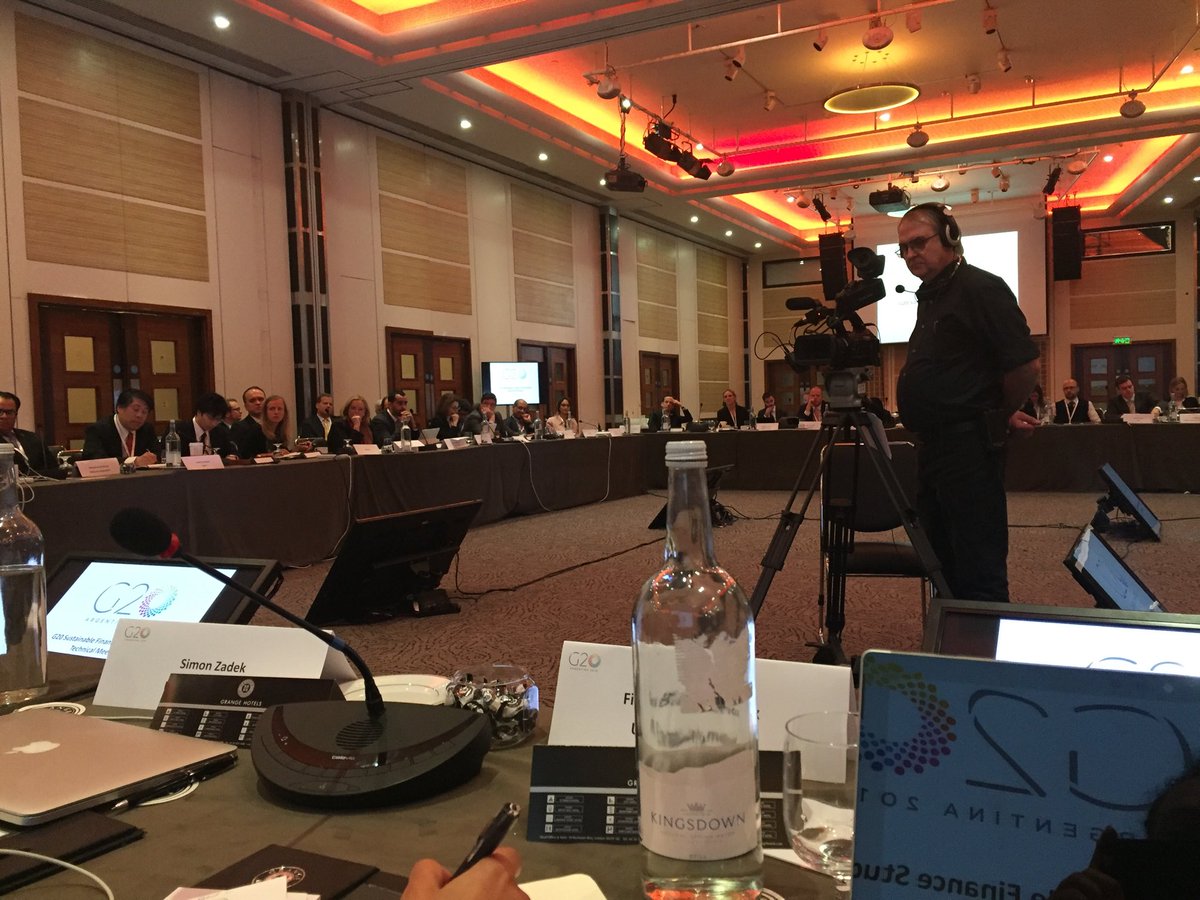
We’ve seen a lot of movement in government’s attitudes to fintech and cryptocurrencies over the course of the last two years, and the UN Environment Programme’s Inquiry into a Sustainable Financial Future, driven by Simon Zadek and Nick Robins, has been pivotal in driving the change from lack of awareness, through curiosity, towards understanding and willingness to explore opportunities. Every meeting we’ve been invited to has revealed the progress in thinking and policy countries are making.
While there’s still some difference of opinion, the February G20 Sustainable Finance Study Group was buzzing with ideas and questions about how technology can advance sustainable investment. There was a lot of focus on sustainable building, with Fannie Mae demonstrating the progress they’ve made in promoting and measuring sustainability in property portfolios. Technology, including AI and blockchain, is seen as a key enabler, although there in the cryptocurrency space there’s both growing concern, based on the negative publicity around blockchain volatily and ICOs, and a growing realisation of potential opportunities.
We presented the opportunity blockhain and AI gives for scaling green investments, including sustainable energy infrastructure and direct investments in micro-businesses, using automation, auditability and rules engines to manage large portfolios of small investments and address the microfinance challenge. There’s a clear overlap between what this can do for small and micro businesses, and the property opportunity, which is why we’re working in both areas.
We were pleased that we were also in a position to answer the question everyone’s asking about blockchain energy consumption – yes, Bitcoin does use a lot (and is not scalable) because this is how it was designed, quite deliberately. Different types of cryptocurrencies behave in different ways, depending on how you program them, and we’re also working with some low-to negative energy and highly scalable emerging protocols, alongside the existing low-energy alternative of using permissioned blockchains for algorithmic proof.
If you’d like to know more about our sustainable products please have a look at the whitepapers here